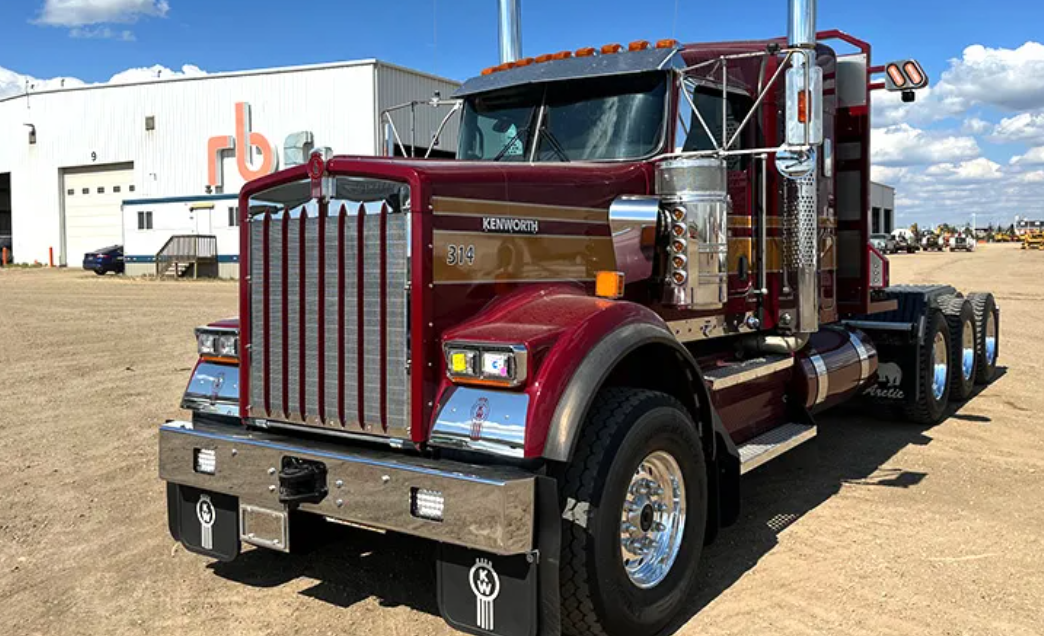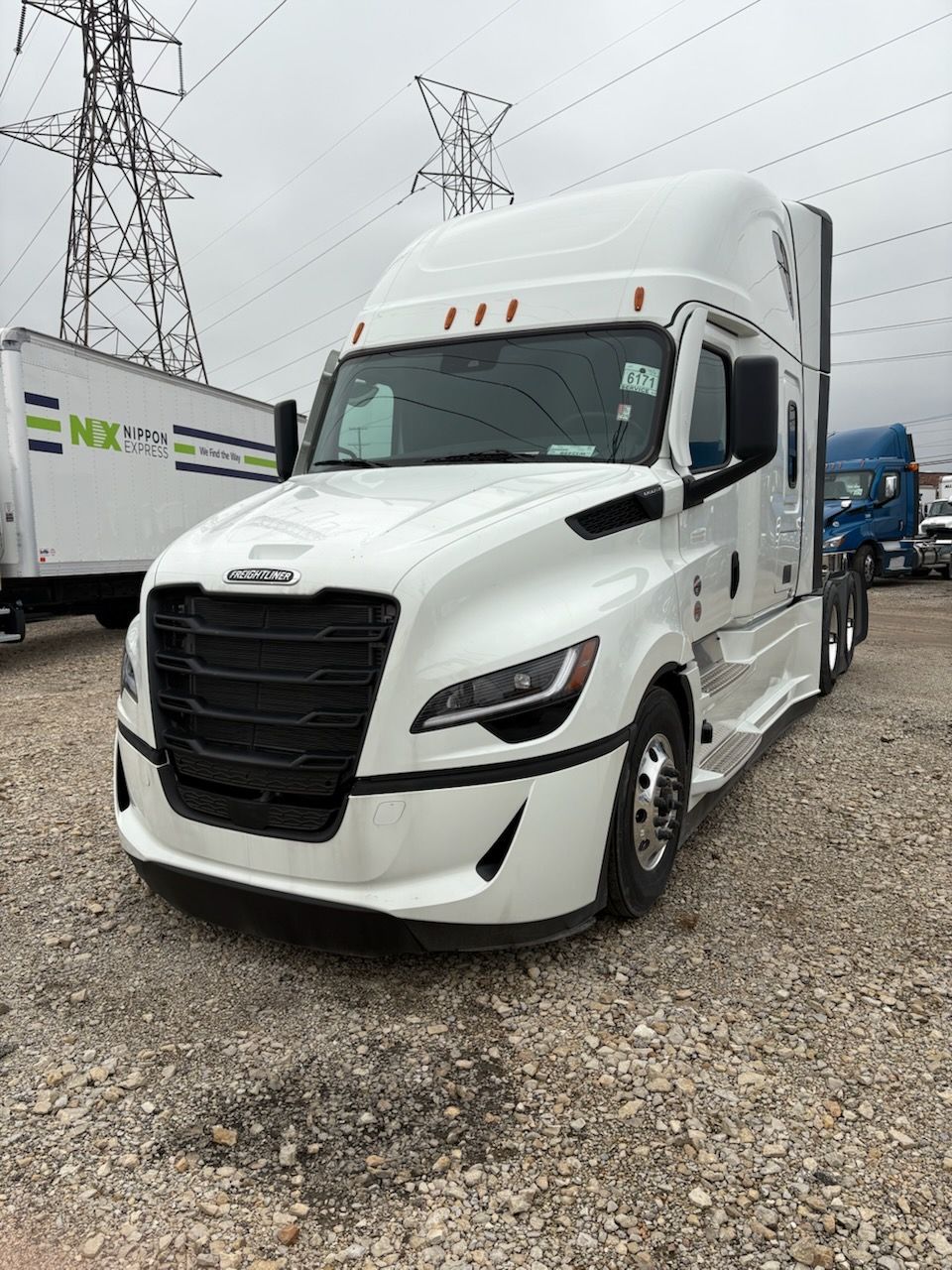Demystifying Freight Brokering: How It Works
Share this Article:
Written by: Bloom Services

The world of logistics and transportation is a complex and interconnected web of shipments, carriers, and routes. At the heart of this intricate industry lies an essential intermediary known as a freight broker. Freight brokering is a crucial element in the supply chain, helping connect shippers with carriers efficiently and effectively. In this article, we will delve into the inner workings of freight brokering and shed light on how this industry operates.
What Is Freight Brokering?
Freight brokering is the process of facilitating the transportation of goods between a shipper and a carrier. The key role of a freight broker is to act as a middleman, bridging the gap between those who need to move goods (shippers) and those who have the capacity to transport them (carriers). This intermediary role is vital in ensuring that the goods are transported smoothly and that both parties involved in the transaction benefit.
How It Works
- Shippers and Freight Brokers Connect: The process begins when a shipper has goods that need to be transported from one location to another. Shippers may include manufacturers, retailers, wholesalers, or anyone needing to move cargo. They reach out to freight brokers to request transportation services.
- Assessing the Freight: Once a shipper contacts a freight broker, the broker will gather essential information about the shipment. This includes details such as the type of goods, weight, dimensions, pickup and delivery locations, and any special requirements. This information helps the broker understand the specific needs of the shipment.
- Finding a Carrier: With the shipment details in hand, the freight broker uses their network of carriers to find a suitable match for the job. Freight brokers maintain extensive databases of carriers, ranging from small trucking companies to large freight carriers. They consider factors such as the carrier’s equipment, capacity, and availability to ensure a successful match.
- Negotiating Rates: Freight brokers negotiate rates and terms with carriers on behalf of the shipper. They work to secure the best possible deal while ensuring that the carrier can meet the shipper’s requirements. This negotiation process involves considering factors like distance, fuel costs, tolls, and any other fees or surcharges that may apply.
- Booking the Shipment: Once a suitable carrier is selected and the terms are agreed upon, the freight broker arranges the logistics of the shipment. This includes scheduling pickup and delivery times, coordinating any necessary permits or documentation, and ensuring that the carrier is properly insured.
- Managing the Shipment: Throughout the transportation process, the freight broker serves as a point of contact between the shipper and the carrier. They track the shipment’s progress, address any issues or delays that may arise, and keep both parties informed.
- Completion and Payment: After the goods are delivered successfully, the freight broker ensures that all paperwork is in order. They handle the billing process, collecting payment from the shipper and then compensating the carrier, taking a commission for their services. Payment terms and methods are agreed upon in advance.
Benefits of Freight Brokering
Freight brokering offers several benefits to both shippers and carriers:
- Efficiency: Freight brokers streamline the transportation process, saving time and effort for shippers and carriers alike.
- Access to a Wide Network: Shippers gain access to a vast network of carriers, increasing their options for finding the right transportation solution.
- Cost Savings: Freight brokers can negotiate competitive rates, potentially reducing transportation costs for shippers.
- Expertise: Brokers have industry knowledge and experience, allowing them to navigate complex logistics challenges effectively.
Freight brokering plays a vital role in the transportation and logistics industry, facilitating the movement of goods across the country and around the world. By connecting shippers with carriers and managing the entire process, freight brokers ensure that goods are transported efficiently and cost-effectively. This intermediary role helps businesses of all sizes navigate the complex world of transportation and focus on their core operations while leaving the logistics to the experts.
Bloom Services INC
Truckers are our heroes on a very important everyday mission. Because of you, we deliver products safely, securely, and on time. We offer brand new trucks and trailers. Lease/rent or lease purchase, no down payment, walkaway anytime, no credit checks. If you are interested in working with us, please apply here.



